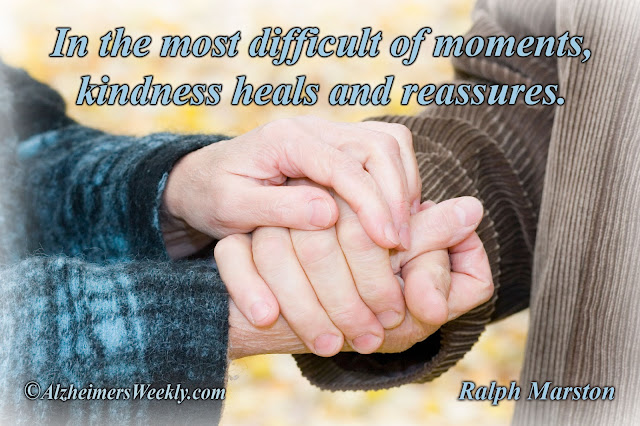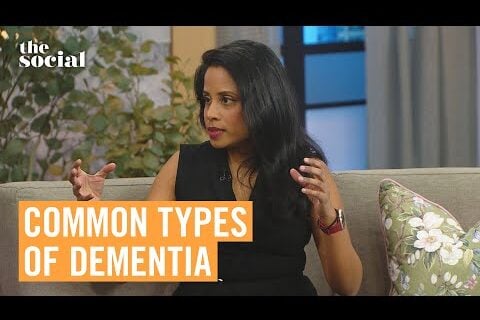
What Does Living with Alzheimer’s Feel Like?
Few movies and books capture the Alzheimer’s experience like Dr. Lisa Genova’s “Still Alice.” See Lisa describe how “Still Alice” is helping families stay connected while living with Alzheimer’s.

Few movies and books capture the Alzheimer’s experience like Dr. Lisa Genova’s “Still Alice.” See Lisa describe how “Still Alice” is helping families stay connected while living with Alzheimer’s.

TALKING TO PEOPLE WITH DEMENTIA IS VITAL when getting together. Check out 5 handy communication tips and books.
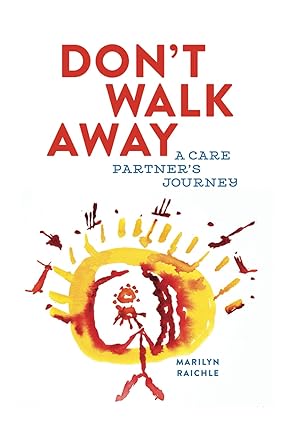
There is a choice we make when a loved one gets Alzheimer’s. Walk away, or don’t walk away. Marilyn’s Mom told her to walk away. Marilyn chose not to. She’s glad she didn’t. Share her journey.
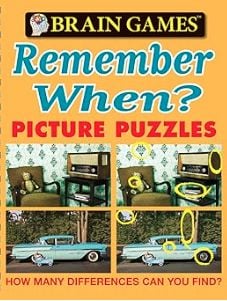
BOOK OF THE WEEK: The Editors of Brain Games for Adults put together this book of original picture puzzles. The variety of brain teasers make this a perfect gift for people living with dementia.

Explaining Alzheimer’s to young children can be a daunting task. Here are 10 easy suggestions for explaining Alzheimer’s to young children.

Clinical Psychology / Neuropsychology
LIFECARE PSYCHOLOGY GROUP, LLC

Empower yourself with a detailed report of your brain’s function, consisting of an assessment of your cognitive function and your brain connectivity with a quick 45-minute on-site appointment.

Kimberly Warnick, Certified Dementia Practitioner and Care Navigator
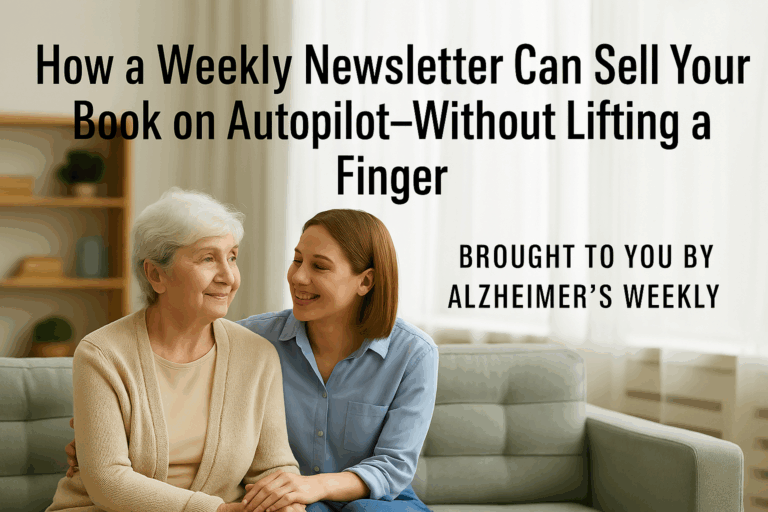
Selling Alzheimer’s books takes time – buyers rarely commit right away. Smart authors plan for the long game, offering gentle, repeated reminders to buy. No tool does this more effectively or simply than the Alzheimer’s & Dementia Weekly Newsletter service. Keep your book—and its message—at the center of your readers’ attention.

All a caregiver for Lewy Body Dementia needs to know, from symptoms to diagnosis to care for their loved one and themselves, for the entire caregiving journey. Part memoir and part help book.

Researchers find that a diet including more fruit, vegetables, beans and tea or coffee lowers the risk of developing dementia later in life. Learn more.
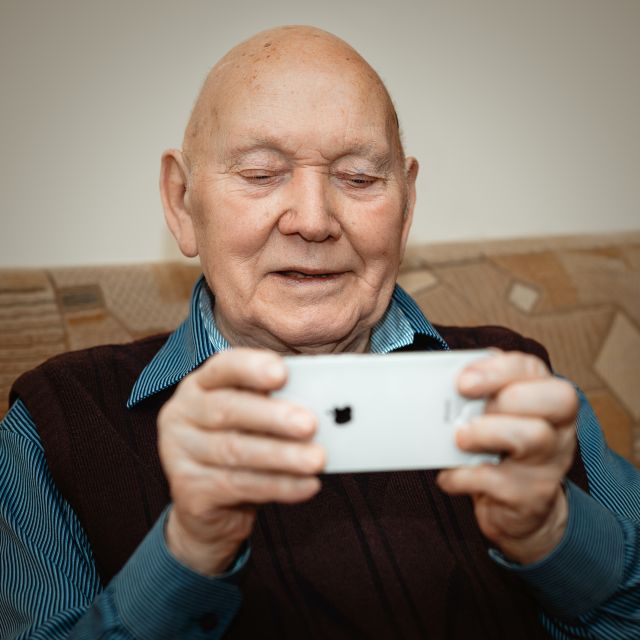
Researchers find education and intellectual stimulation appear to activate a genetic program in the brain that promotes resistance to cognitive decline. Find out more.

SOCIALIZING in your 50s and 60s strongly predicts less dementia later on. Learn why, from new research by University College London. See Ohio State University demonstrate how true it is, from animals to people.

Researchers find education and intellectual stimulation appear to activate a genetic program in the brain that promotes resistance to cognitive decline. Find out more.

SOCIALIZING in your 50s and 60s strongly predicts less dementia later on. Learn why, from new research by University College London. See Ohio State University demonstrate how true it is, from animals to people.

Hospital stays with dementia should focus on elder safety. See a special ER for seniors, equipped with brilliant features that speed comfort and care to this population.
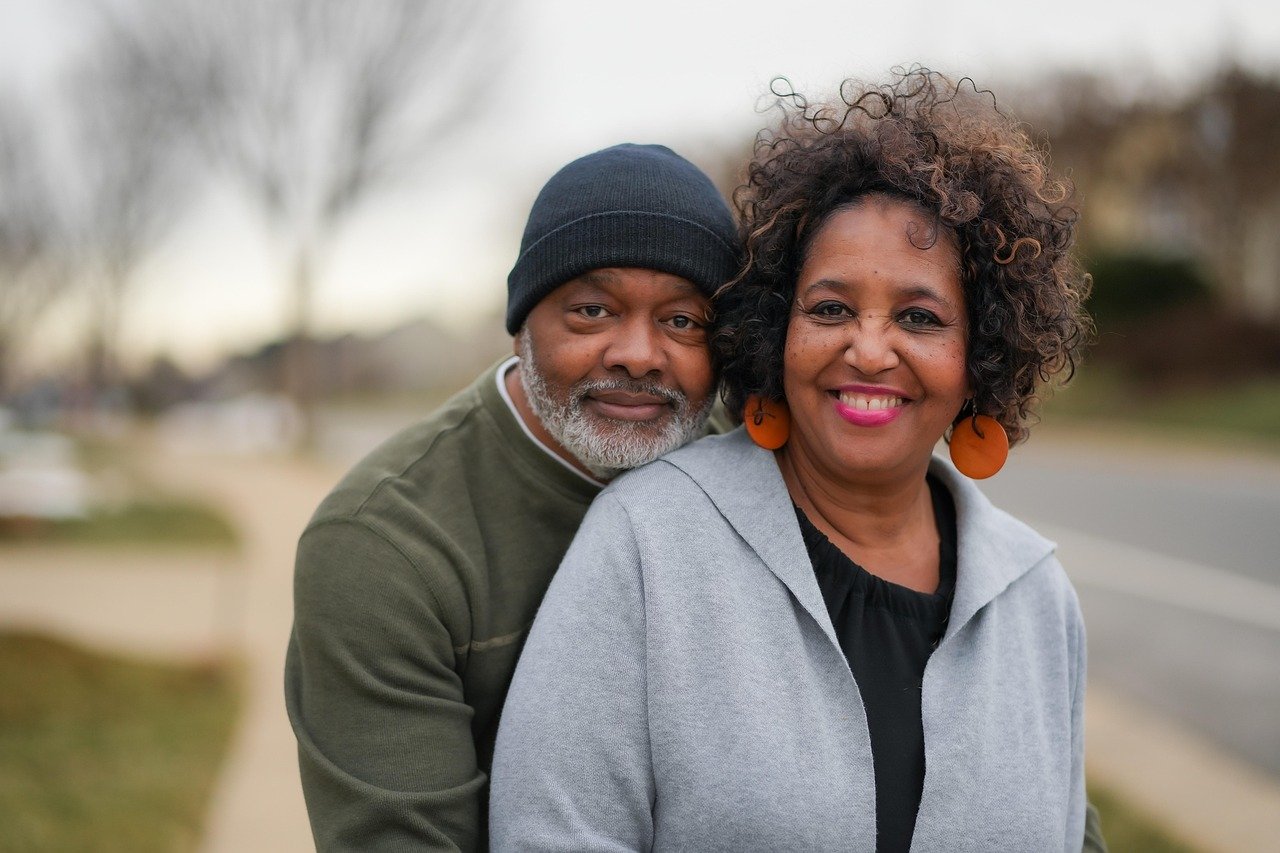
A deep promise to be there for an Alzheimer’s parent, this heartwarming song was written as a tribute to families facing dementia.
No spam, only news and updates.
